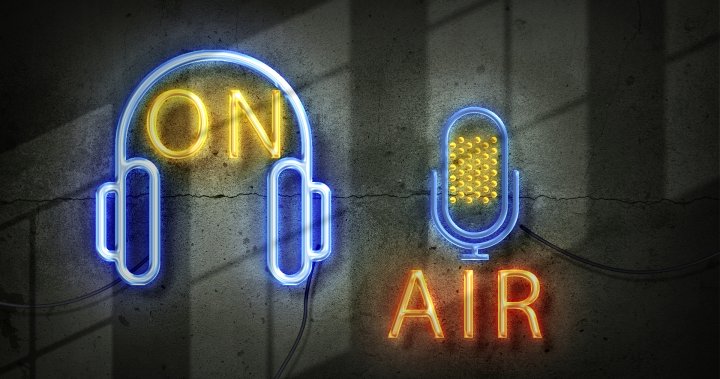
How podcasts have become misinformation machines — and what can be done about it
Global News
'This is the consequence when people have totally not just lost faith in the media apparatus, but have become openly hostile to it,' said Justin Ling, a disinformation expert.
There seems to be a podcast for every interest — from true crime, to fashion, to sports.
But as podcasts have exploded in popularity, some are becoming machines for spreading misinformation, experts in the subject warn.
“The proliferation of a bunch of these podcasts touting everything from COVID-19 misinformation to pro-Russian propaganda to just general sort of far-right agitation, it’s exploded in recent years,” said Justin Ling, a freelance investigative journalist who covers disinformation and extremism.
Podcasts present a number of difficulties for fact-checkers and moderators, disinformation researchers say, while also providing a low barrier of entry for those hoping to use the format to skyrocket to celebrity status.
And it’s a problem that’s here to stay, according to Ling.
A recent example of misinformation in a podcast is around the 2012 Sandy Hook Elementary School massacre where 20 children and six educators were killed.
As families buried their children, Alex Jones, conspiracy theorist and host of the show Infowars, told his listeners the tragedy was a hoax.
During the August defamation trial resulting from his false claims, it was revealed that Infowars brought in more than US$64 million last year, and at one point, Jones was paying himself roughly $6 million a year.





















 Run 3 Space | Play Space Running Game
Run 3 Space | Play Space Running Game Traffic Jam 3D | Online Racing Game
Traffic Jam 3D | Online Racing Game Duck Hunt | Play Old Classic Game
Duck Hunt | Play Old Classic Game











